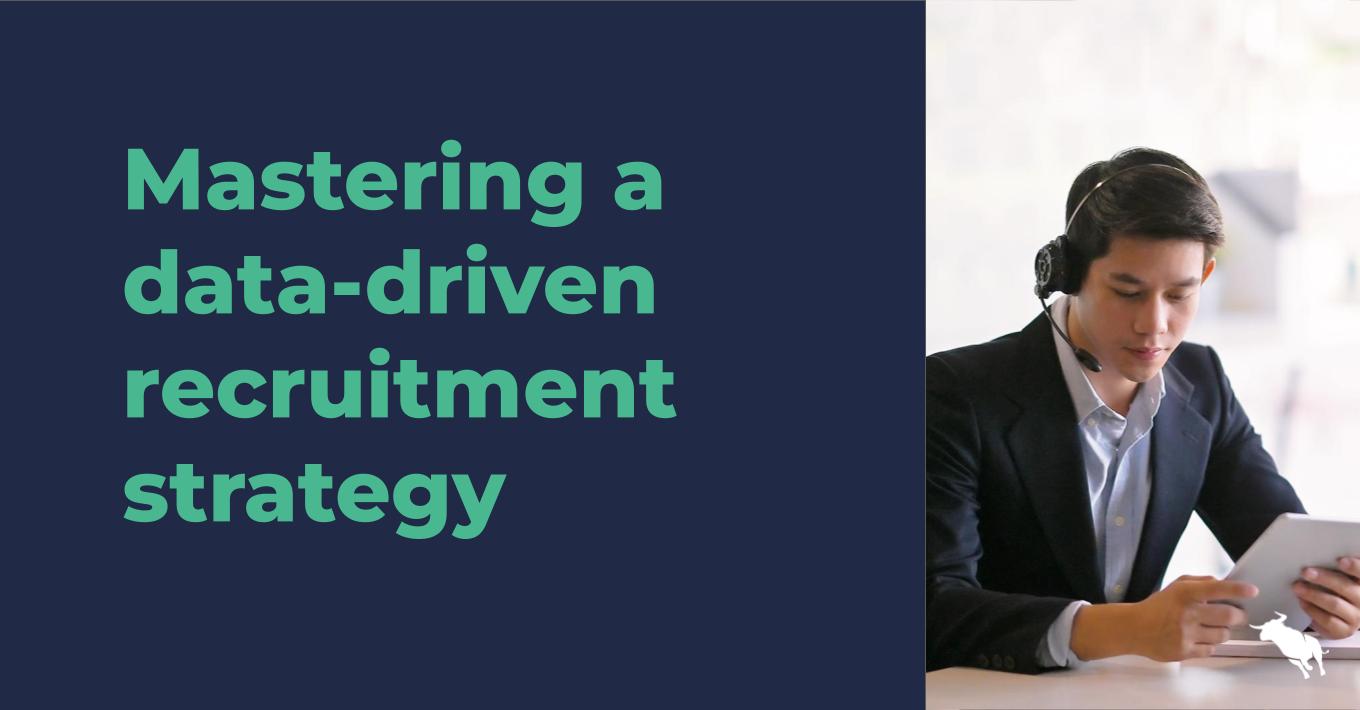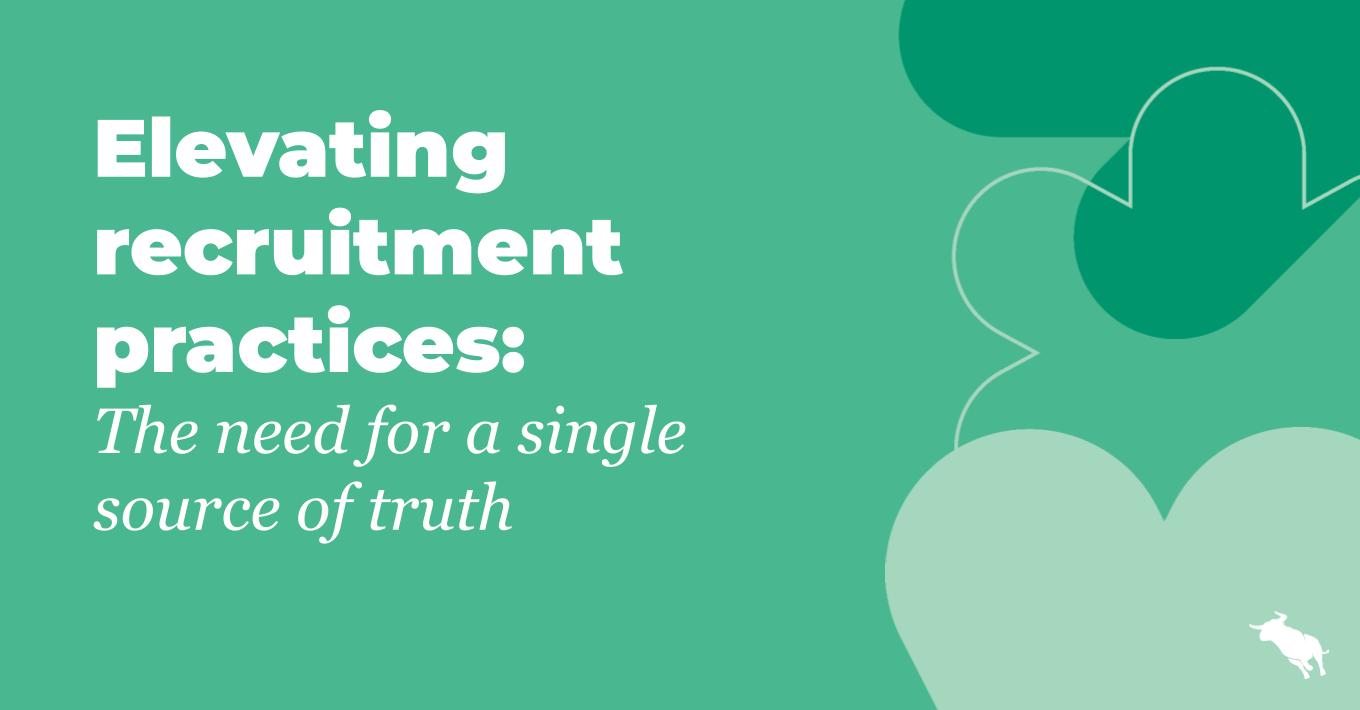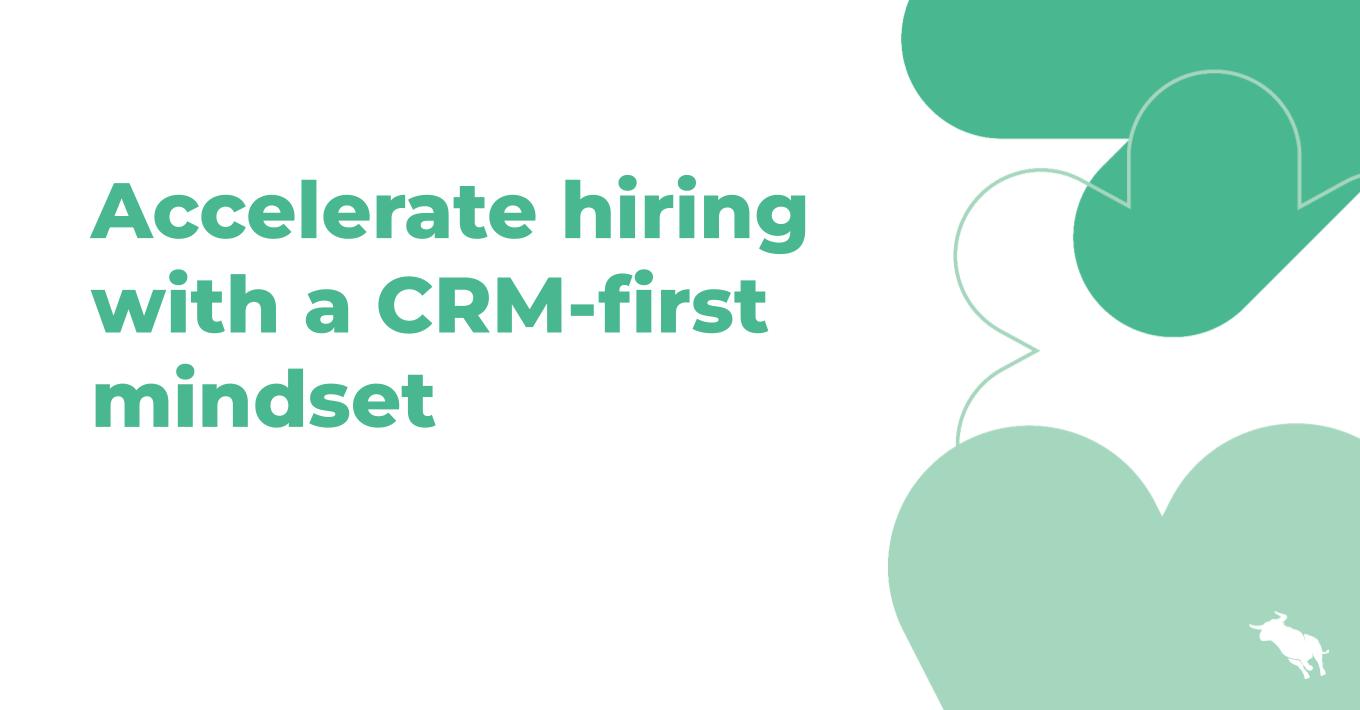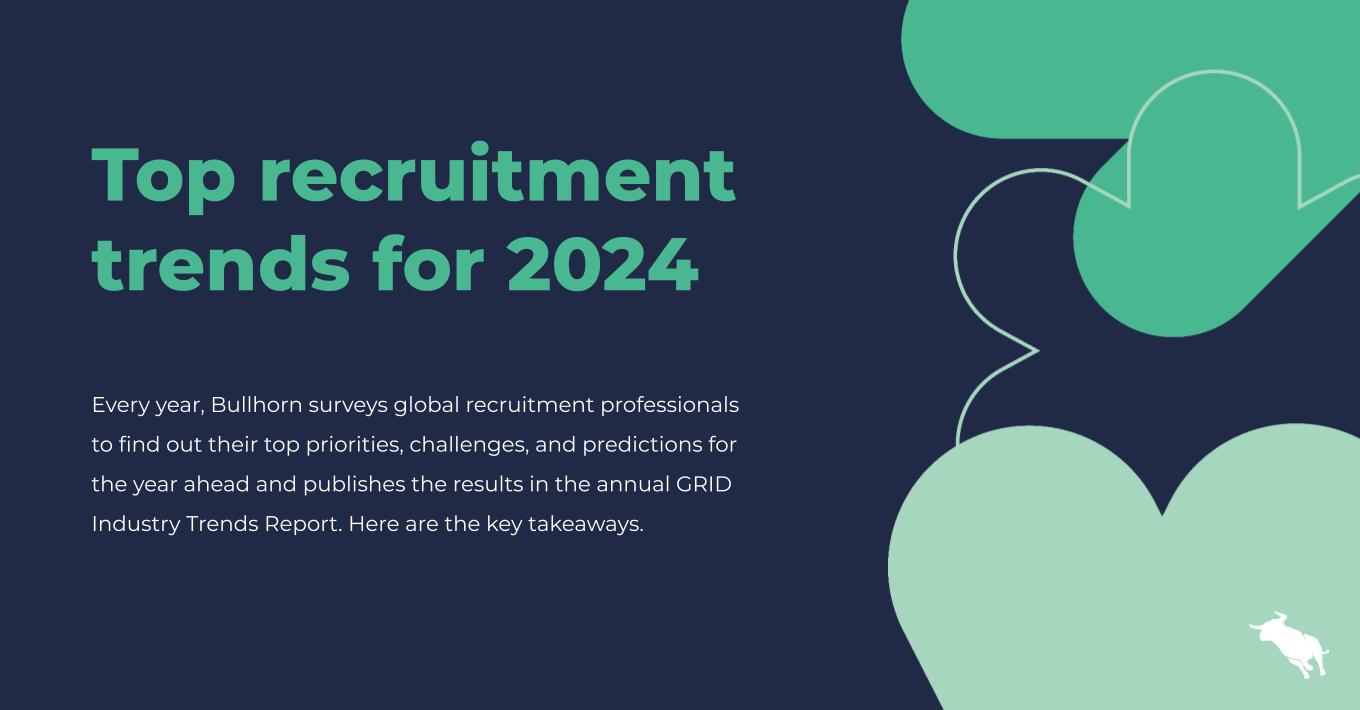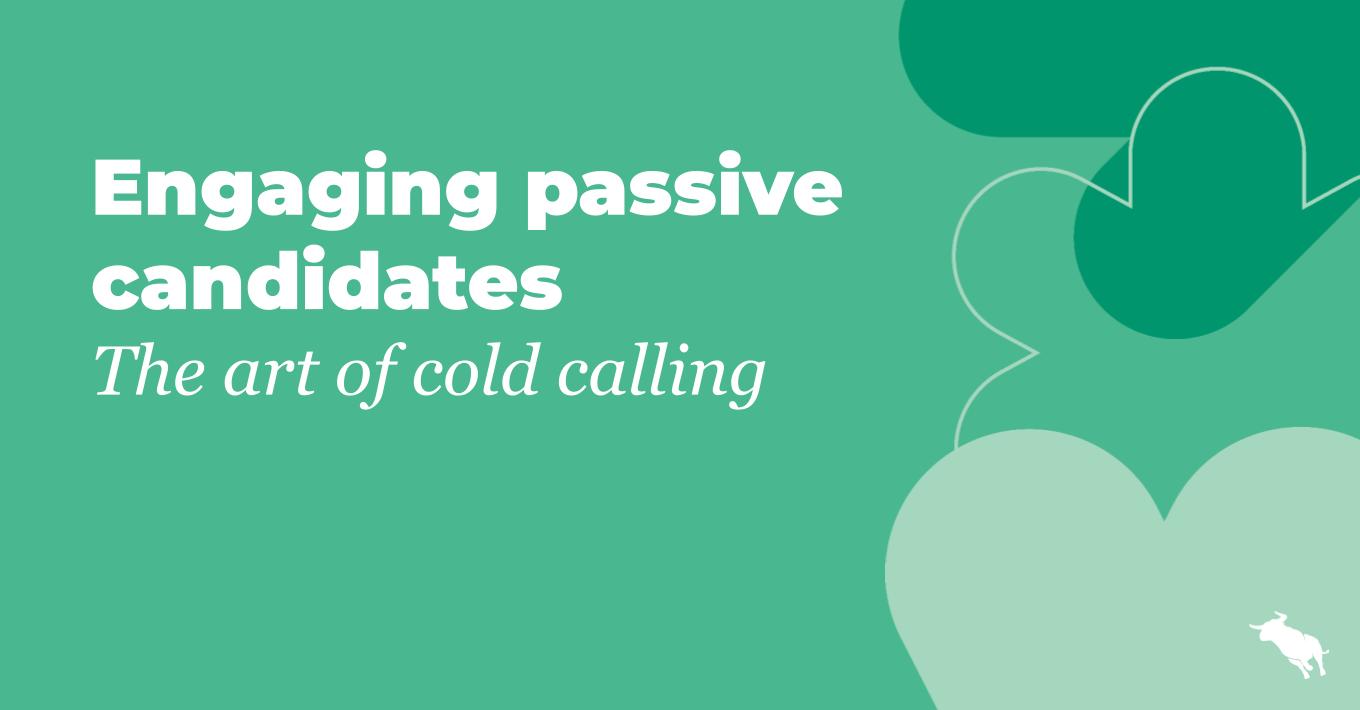3 Things You Need to Know about How Buyers Buy Consulting Services

By Ago Cluytens
A lot of my clients are management consulting firms – meaning I get a lot of questions around how buyers buy consulting services. As a former Big-4 management consultant myself, and someone who’s signed off or influenced a sizable number of professional services deals, I often see a marked difference between how most sellers believe decisions are being made – and how they are made in practice.
In particular, there are three things that most consulting services providers overlook when they reflect upon how buyers buy – all three of which have a real impact on how their performance in day-to-day sales.
Buyers don’t just buy services – they buy you.
From personal experience, I know that buying consulting services is somewhat equivalent to buying a raffle ticket – you never quite know what you’re going to get. I certainly have a few horror stories to tell about scopes blown way out of proportion, deadlines missed by months and large systems integration projects ground to a sudden halt by vendors who couldn’t keep their promises.
When you’re buying a service, you’re essentially buying an intangible: a promise of a certain result based on – at best – past outcomes, a track record and a reasonable sounding story.
Which means that in today’s marketplace, buyers are continually looking for ways to accurately assess, and diminish, the amount of risk involved in a buying decision. And most sellers vastly underestimate just important the notion of risk is to potential buyers.
RAIN Group’s research on Insight Selling has shown that sellers who win the deal “minimize the perception of risk by demonstrating experience, building trust, and inspiring confidence.” And out of the 7 factors that showed up as important in minimizing risk in the eyes of the buyer, fully 5 are directly related to how the (individual) seller was professional, trustworthy, inspired confidence, depicted the purchasing process accurately and helped the client avoid potential pitfalls.
In short, buyers don’t just buy your services – they buy you.
Buyers always buy for two reasons: the one they tell you, and the real one.
As a buyer, I’ve personally been a part of several professional services bids in the 1-2 million EUR range. The kind of purchases that invariably involve shortlists, scoring grids, RFQs, RFPs, a closely managed bidding process, multiple stakeholders in a buying committee, and a great deal of involvement by procurement.
Which were all great for two reasons: narrowing down the field of potential options, and having a good story to tell in terms of why we chose one vendor over another.
But make no mistake: the ultimate decision was never made based on a scoring grid, or so-called “objective criteria”. Instead, it was made for highly subjective reasons that buyers would never say out loud – but were conveyed in hushed tones in conference and meeting rooms across the organization. In public, of course, it was all about the “objective assessment criteria” and “the superior value demonstrated by the leading vendor”.
Most sellers vastly underestimate the amount of “shadow diplomacy” that goes in making a buying decision. Forging alliances and building coalitions, eliminating or including certain parties in the decision making process and turning certain factors up or down in an effort to sway a decision one way or another – that’s how the real decisions are made.
If you’re working hard on an “accurate response to the RFP” whilst your competitor has been out building alliances internally, meeting with key players and understanding (or influencing) the buying criteria – you’re late to the party.
Sellers – virtually always overestimate the importance of cost
Cost. It’s the perfect excuse.
Ask sellers why they lose deals, and they answer? “Cost.” Ask buyers what they say when they need to deliver bad news? “Cost.” It’s the perfect excuse, a nice, polite and non-threatening way of giving the message: I don’t really want to work with you.
One of my clients did a large-scale project where they looked at the true loss reasons over a 24-month period. Before doing a deeper dive, the #1 factor that was entered into their CRM system under “reason lost” was cost. After speaking with hundreds of clients, doing in-depth interviews and after-the-fact loss analysis, they discovered that cost was the ultimate reason for losing in … 7% of all cases.
Hinge Marketing did an interesting study on “how buyers buy management consulting services,” in which they concluded “sellers grossly overestimate the importance of cost as a primary selection criterion.” Where 53% of sellers believe cost is a primary selection criterion, only 28% of buyers reported it actually was – meaning twice as many sellers see cost as a driving factor versus buyers.
Next time you are wondering how buyers buy consulting services, keep the following in mind:
- They don’t just buy your service – they buy you
- They always buy for two reasons: the one they tell you, and the real one
- Cost is never quite as important as you think it is
About the Author:
As RAIN Group’s Practice Director for EMEA, Ago Cluytens is widely recognized as a thought leader on understanding the buyer’s perspective in sales – and topics like Insight Selling and selling to the C-suite. You can learn more about Ago, read his blog, and watch him in action at agocluytens.com and youtube.com/agocluytens. Or connect with Ago on Twitter, Linkedin and Google+. For more on RAIN Group, please visit rainsalestraining.com.
